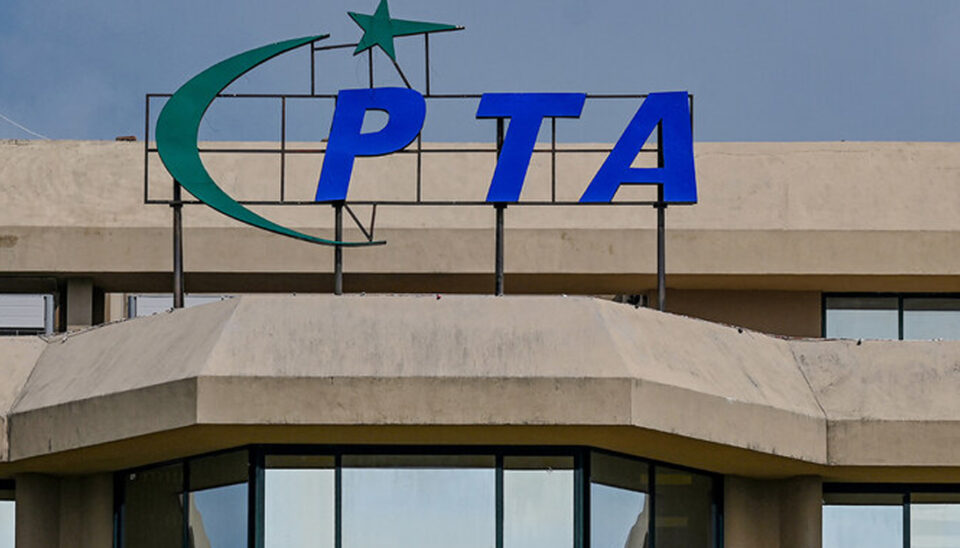Millions of Pakistanis have been grappling with a mysterious, months-long internet slowdown, sparking widespread criticism from activists and business leaders who suspect the government is testing a firewall to control online activity.
The government, however, has attributed the slowdown to increased VPN usage and damaged underwater cables, while also acknowledging that the country is undergoing a “transition.”
To address these concerns, Pakistan has begun registering virtual private networks (VPNs) to support the legitimate, secure, and uninterrupted operations of businesses, software houses, call centers, freelancers, and foreign missions, according to a statement by the Pakistan Telecommunication Authority (PTA) on Friday.
The PTA emphasized that VPNs are being registered through a “one window” process available on the PTA and Pakistan Software Export Board (PSEB) websites.
This ongoing effort is being coordinated by the PTA, Ministry of Information Technology (MoIT), PSEB, and Pakistan Software Houses Association (P@SHA). Since 2020, over 20,000 Internet Protocol (IP) addresses have been registered for VPN use.
This internet slowdown has occurred at a time when Pakistan’s military claims to be combating “digital terrorism.” Independent analysts suggest that the real target of the disruption is the party of jailed opposition leader Imran Khan, who remains popular among a tech-savvy, younger voter base.
However, State Minister for IT Shaza Fatima Khawaja has denied any government involvement in the slowdown, attributing it instead to the increased use of VPNs. She also refuted claims that the planned firewall would be used for censorship.
Pakistan is relying on its growing IT industry to boost exports and generate much-needed foreign exchange for the cash-strapped nation. Shahzad Arshad, chairman of the Wireless Internet Service Providers Association of Pakistan, warned that without immediate and decisive action, the country risks facing deeper economic challenges and a widening digital divide.

